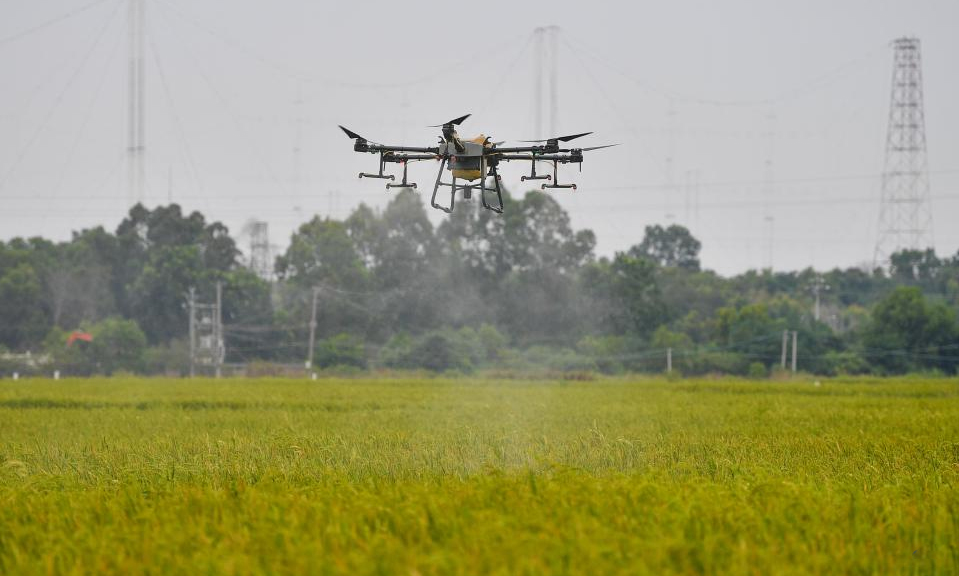Feature: 60 years on, Cubans still undergoing ruthless U.S. sanctions
HAVANA, Oct. 25 (Xinhua) -- For Sandra Cruz, a civil engineer from the Havana district of Marianao, the intensification of the U.S. trade embargo has led to a rising cost of living.
"The U.S. unilateral policy toward Cuba continues to harm our quality of life," she said, adding that the U.S. blockade, claimed to be targeting only the Cuban government, brings immense pain and suffering to the Cuban people.
Manuel Veliz, 43, runs a mobile repair workshop in Havana. He said that he "cannot use any software and applications licensed in the United States due to the U.S. economic sanctions," adding that the U.S. economic sanctions deprive local businesses of the right to import raw materials from the U.S. market.
"The U.S. blockade is more harmful than bullets and artillery. It is a massive, flagrant, and systematic violation of human rights," he said.
"Between August 2021 and February 2022, the U.S. blockade caused Cuba losses valued at 3.806 billion U.S. dollars, which constitutes a historic record for a seven-month period," Cuban Minister of Foreign Affairs Bruno Rodriguez said recently, adding that the U.S. embargo is like "a pandemic" and "a constant hurricane."
The Cuban government is expected to submit a draft resolution to the UN General Assembly (UNGA) in November to call for an end to the decades-long U.S. trade embargo against the island nation.
It will be the 30th time for Cuba to file such a document to the UNGA, which, for 29 times in a row, has voted in favor of the small island's request. However, the United States has ignored the repeated international calls and turned a blind eye to the huge losses its unilateral sanctions have brought to Cuba's economy and people's lives, especially during the pandemic years.
"During the COVID-19 pandemic, the U.S. government blocked Cuban access to medical supplies to combat the virus. It is really criminal," said Sonia Mendez, a 62-year-old doctor in Havana.
Mendez told Xinhua that the U.S. embargo has triggered medicine shortages and a power shortage on the island and "affects all walks of life in Cuba."
According to Cuban official data, the U.S. sanctions in the past six decades has cost the Cuban economy a total of 154.2 billion dollars. The amount would balloon to 1.39 trillion dollars if the dollar's devaluation against gold is factored in.
First imposed in 1962, the embargo was tightened by former U.S. President Donald Trump, who put in place 243 more sanctions, including banning all flights from the United States to Cuban destinations except for Havana and capping remittances Cuban Americans can send to their families back home.
The current U.S. administration allowed airlines to resume flights to other Cuban cities and lifted the cap on remittances, but the web of sanctions against Cuba remains largely in place.
Photos
Related Stories
- Cuban FM criticizes U.S. double standard on human rights
- China provides assistance to Cuba after massive oil depot fire
- U.S. embargo negatively affects Cubans' daily lives
- Summit of the Americas not exactly what organizers expected: Cuban president
- Cuba accuses U.S. of excluding certain countries from regional summit
- Cuba terms U.S. announcement of de-escalation "limited step"
- At least 8 killed in Havana hotel explosion
Copyright © 2022 People's Daily Online. All Rights Reserved.









